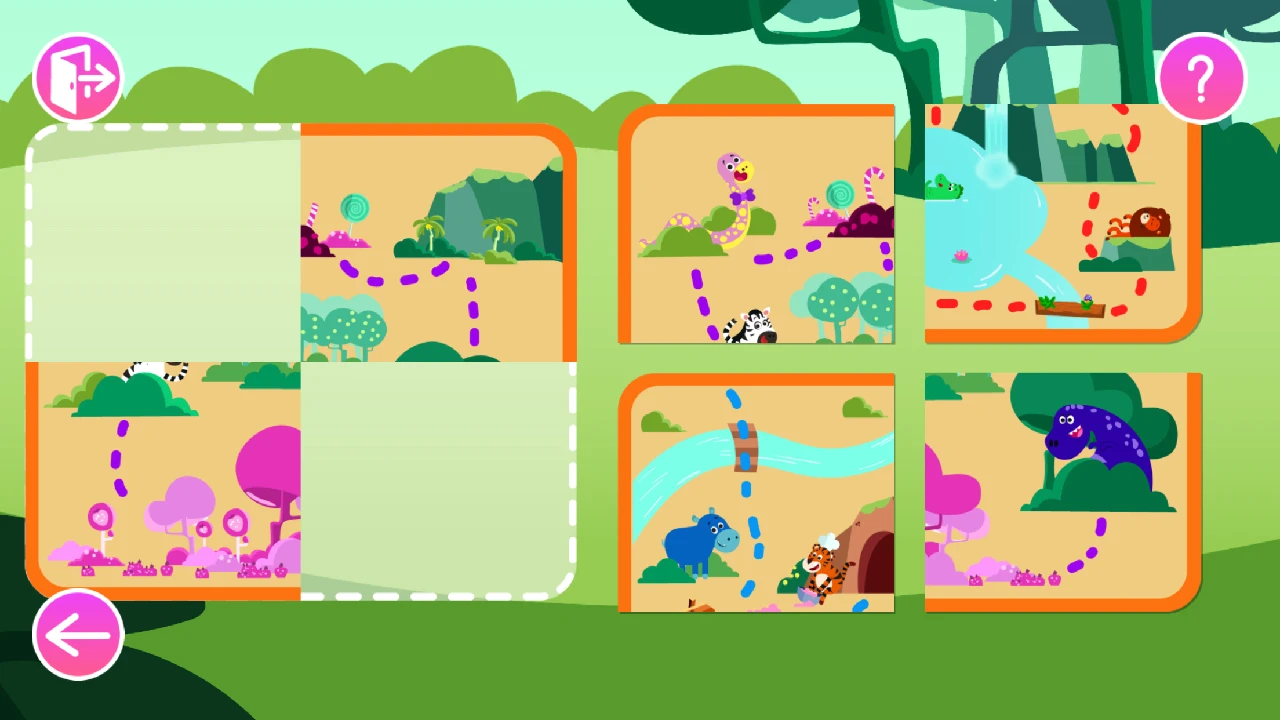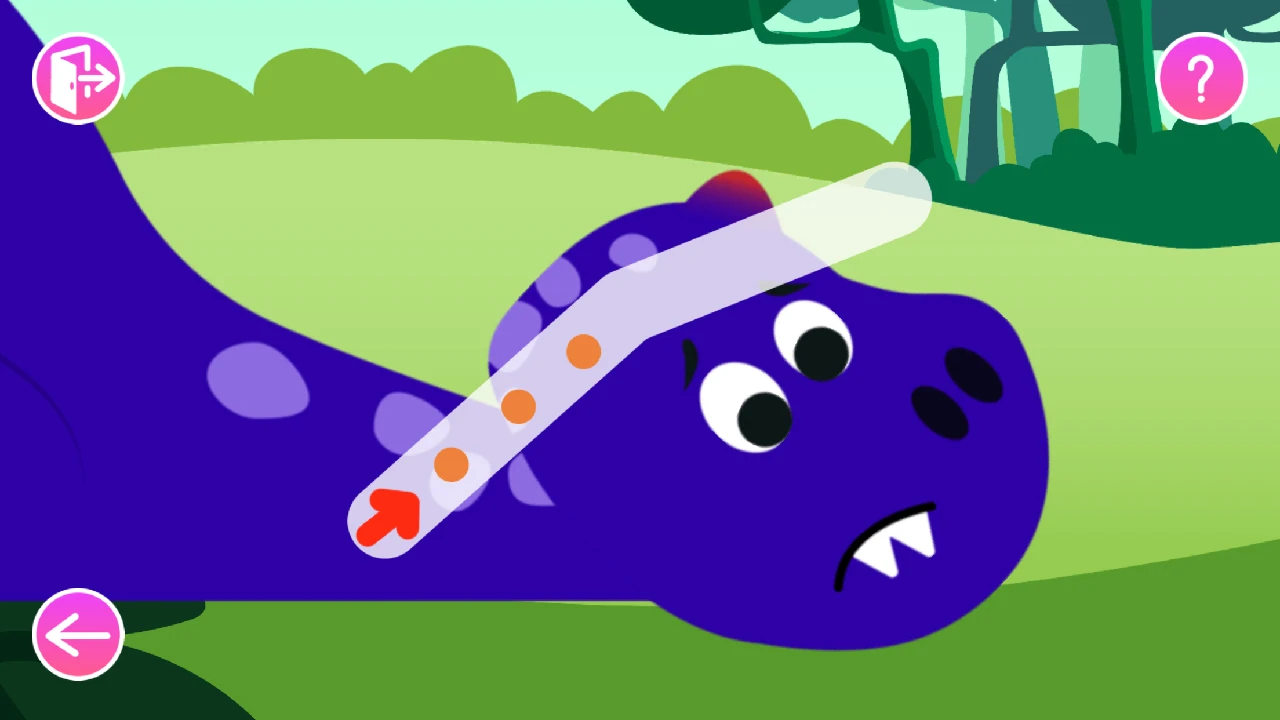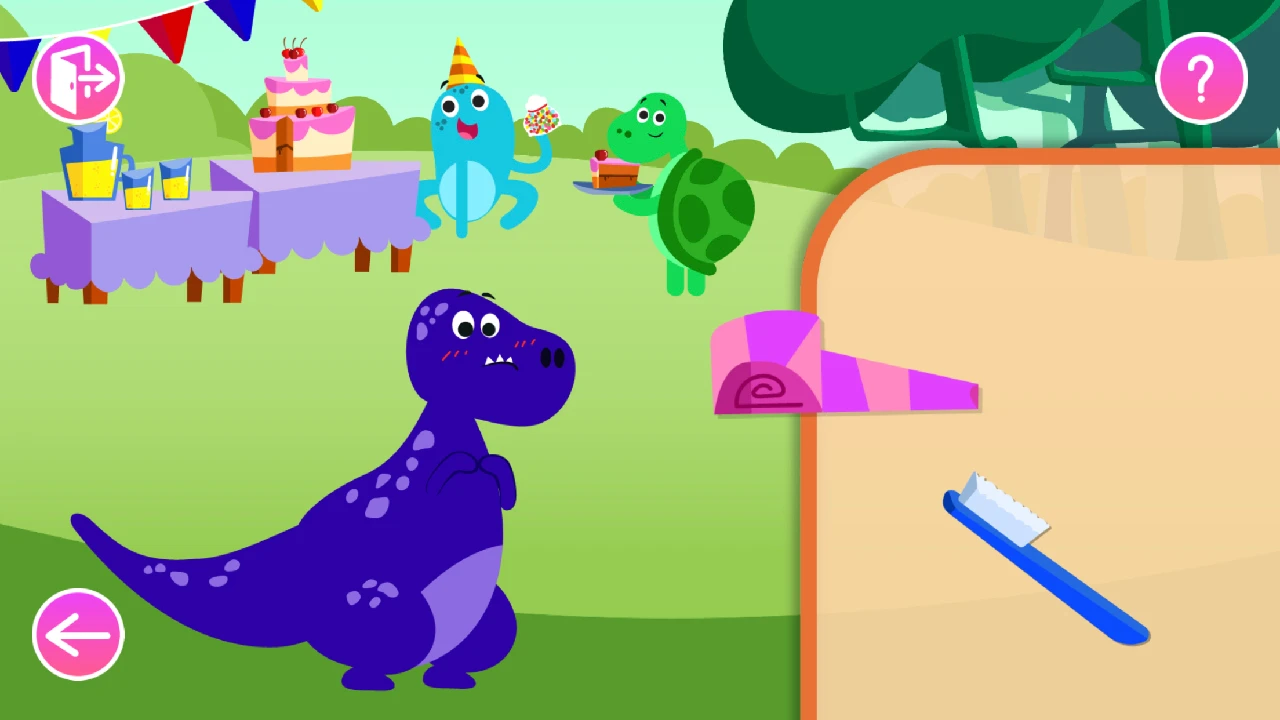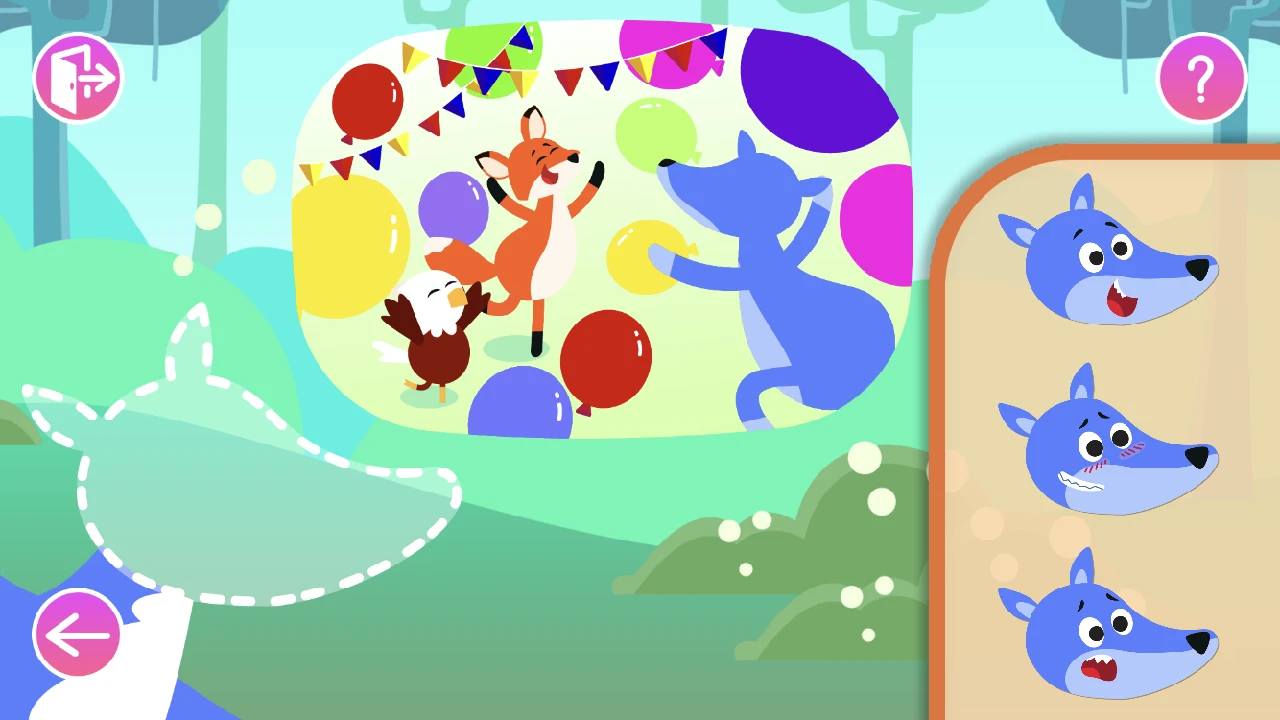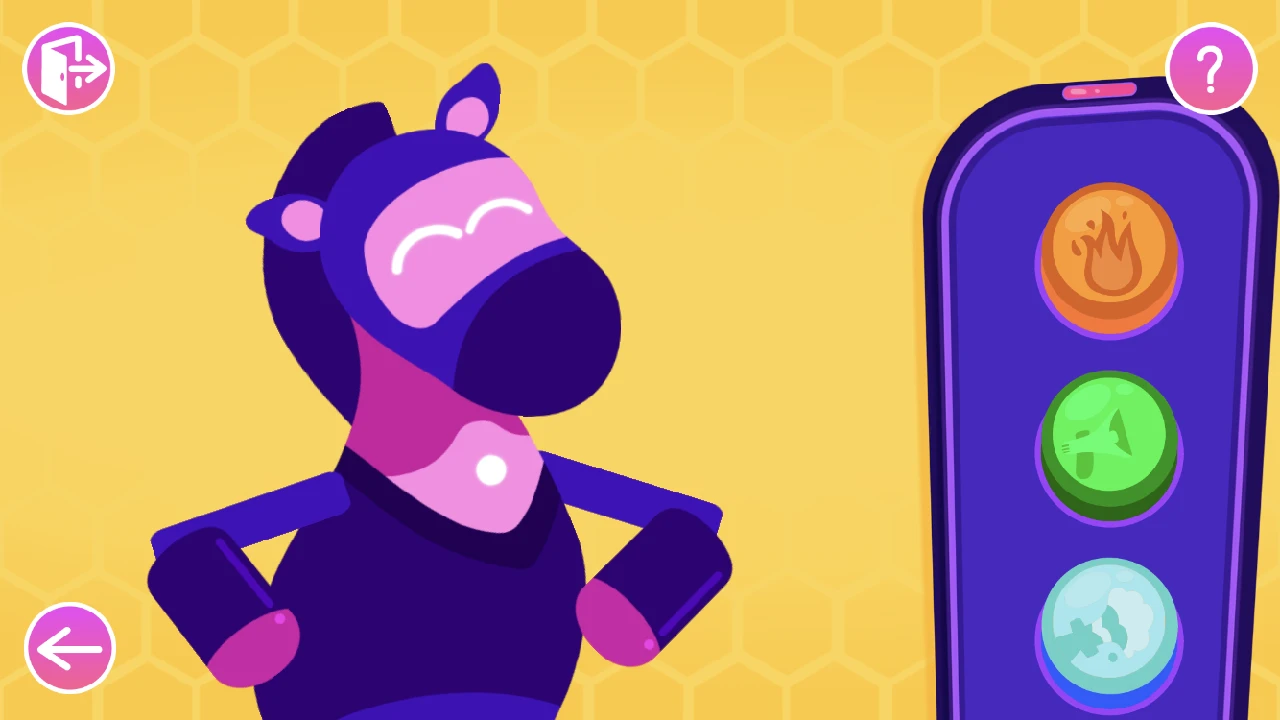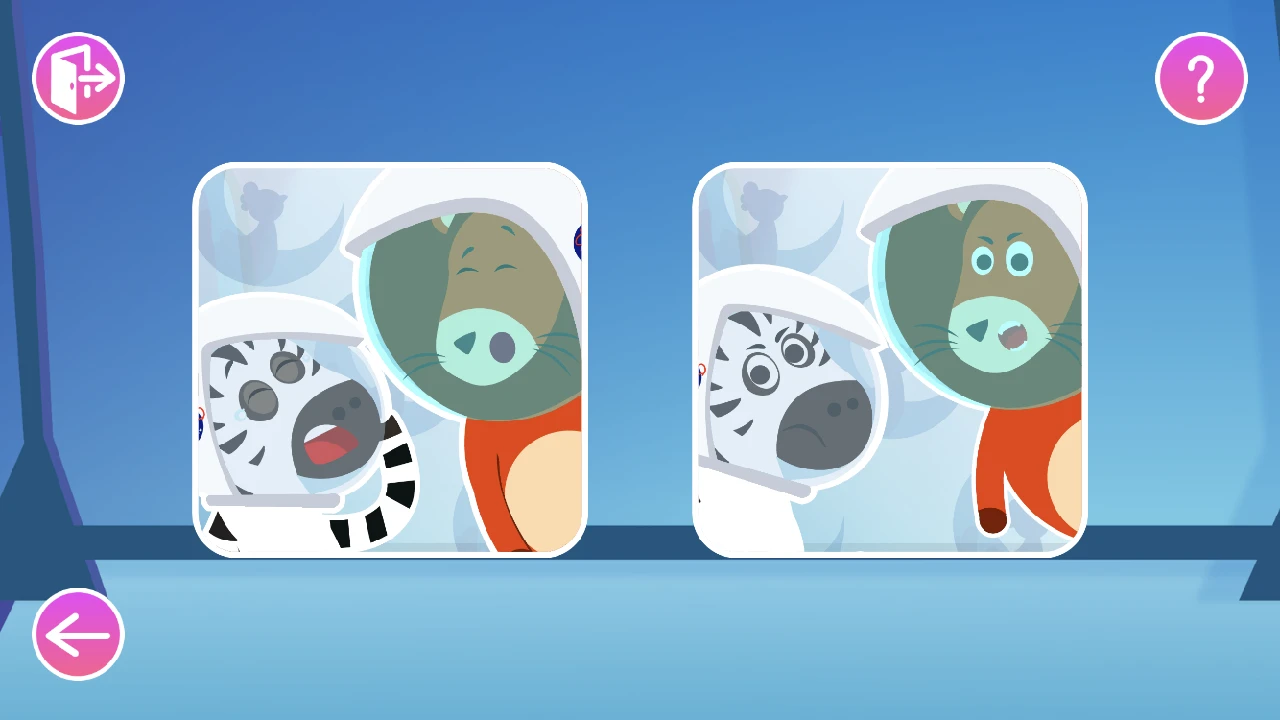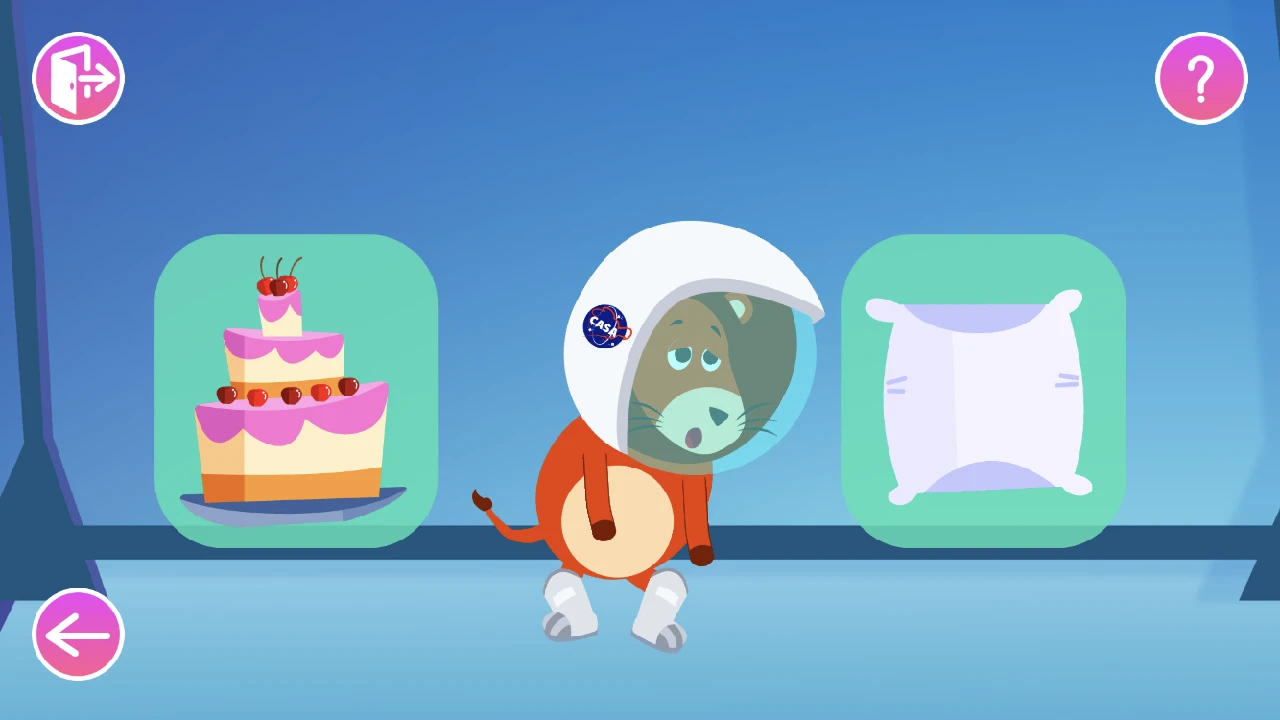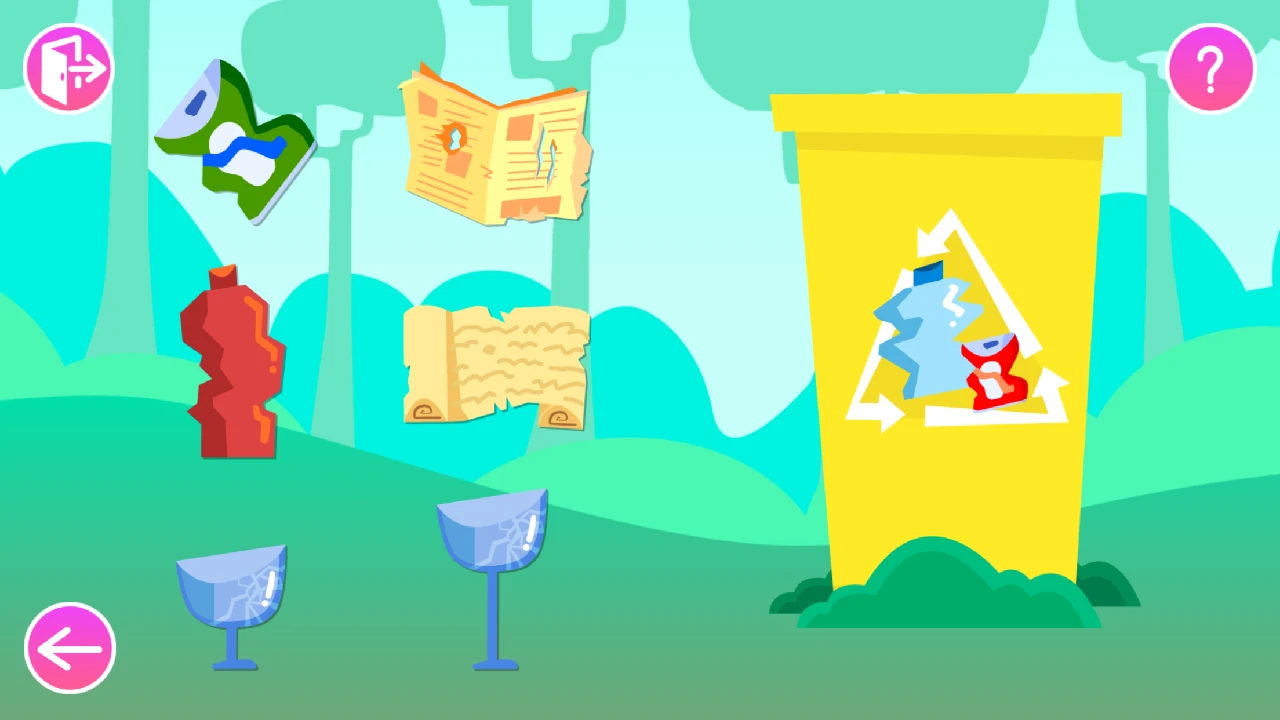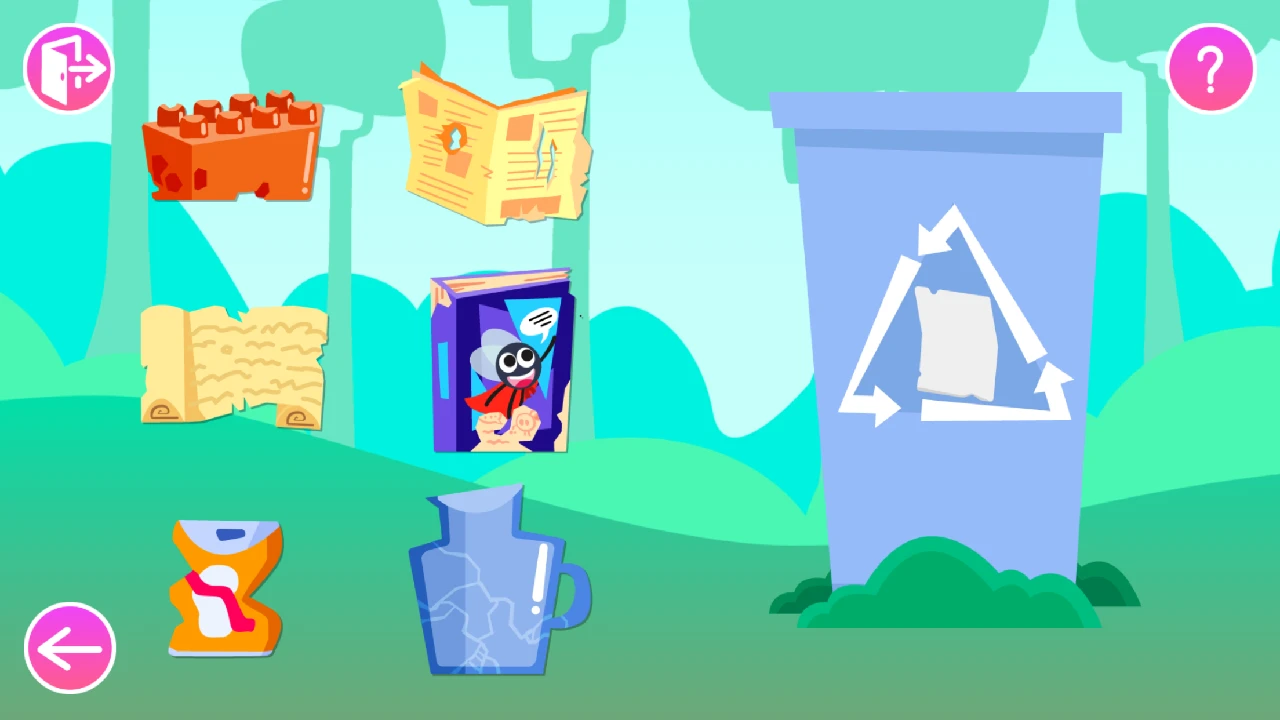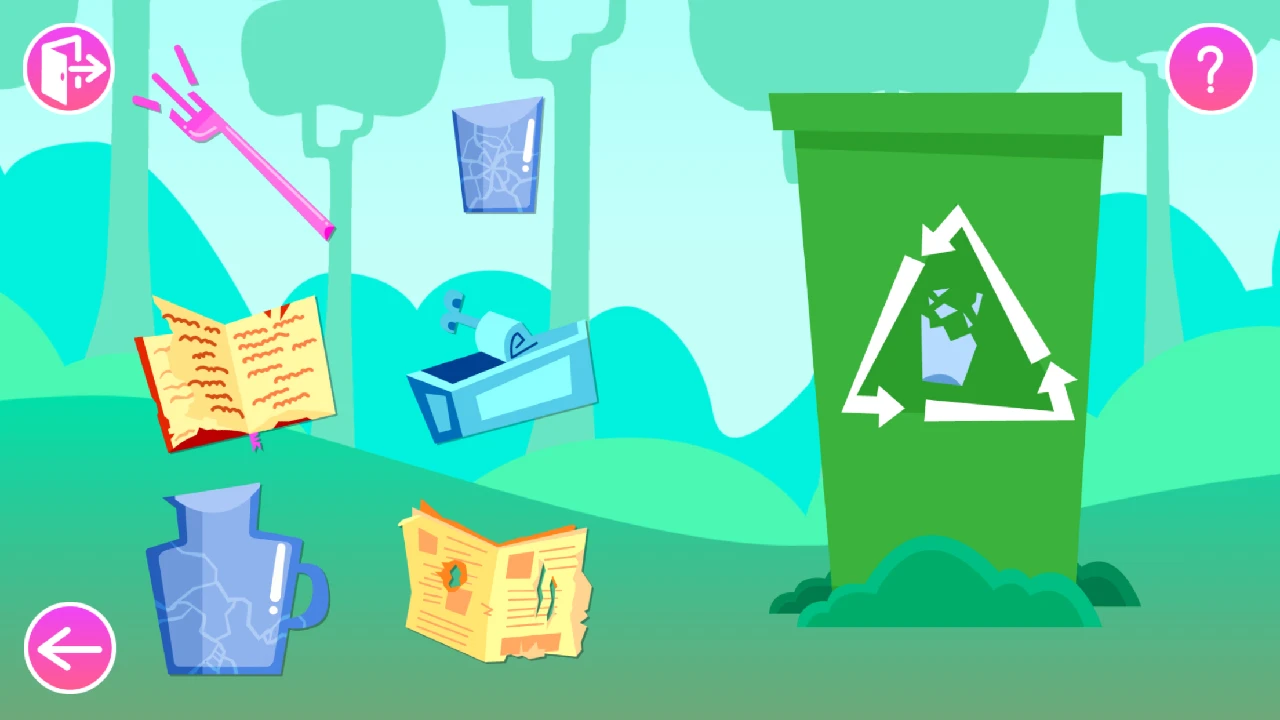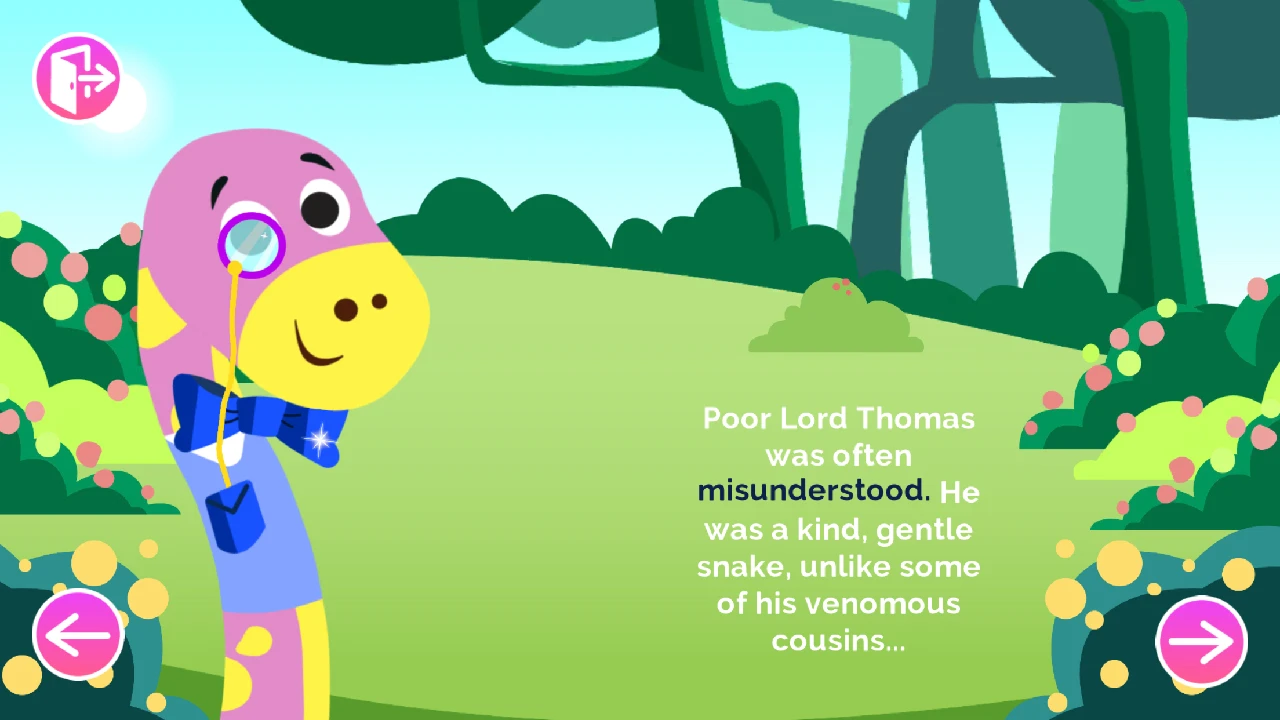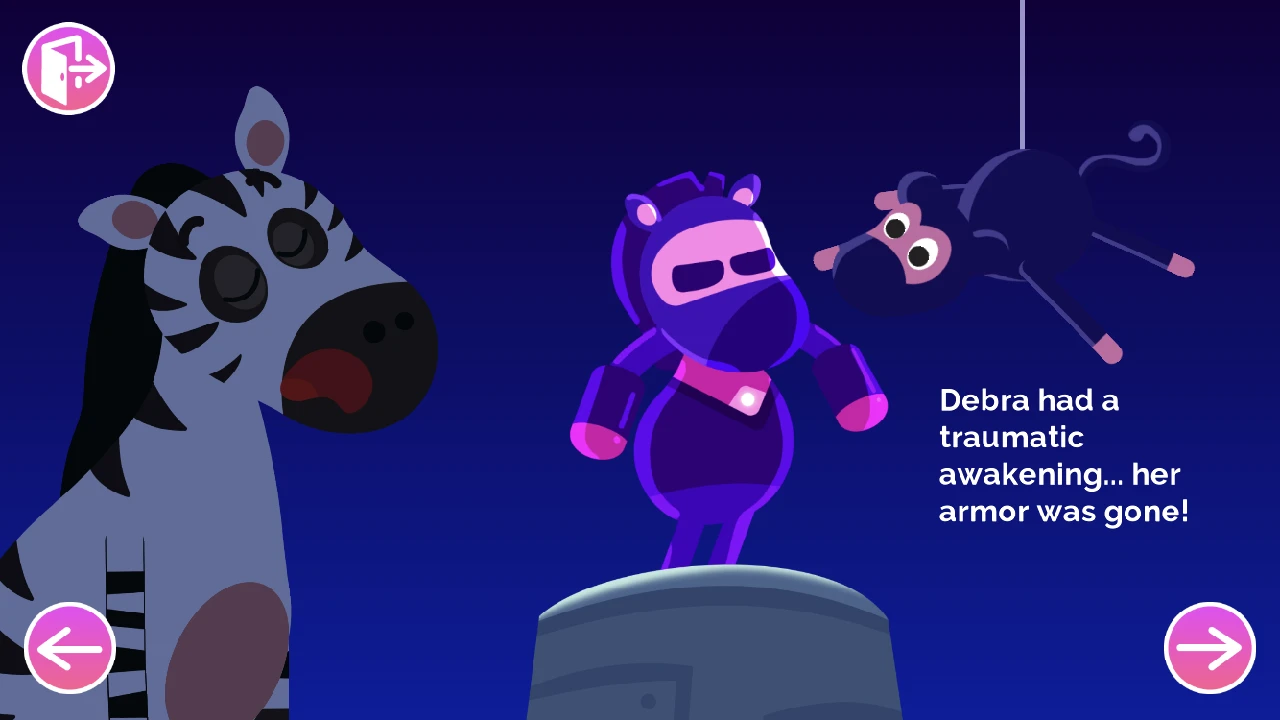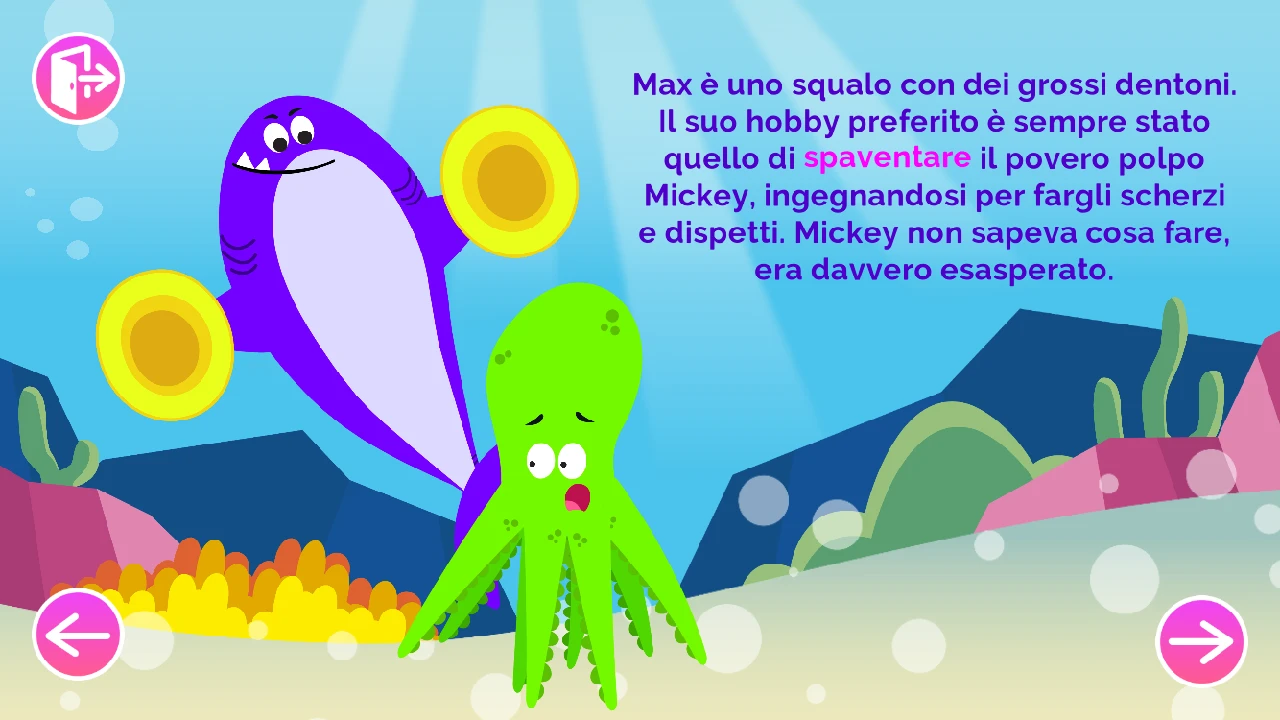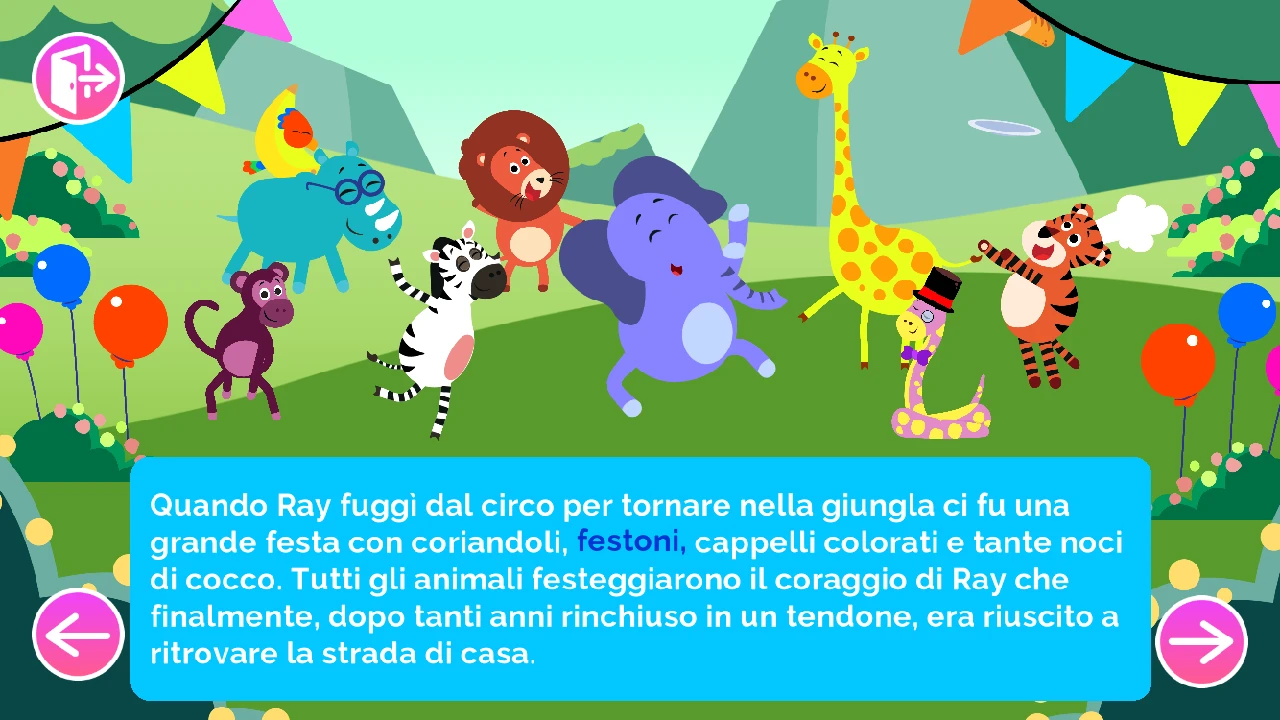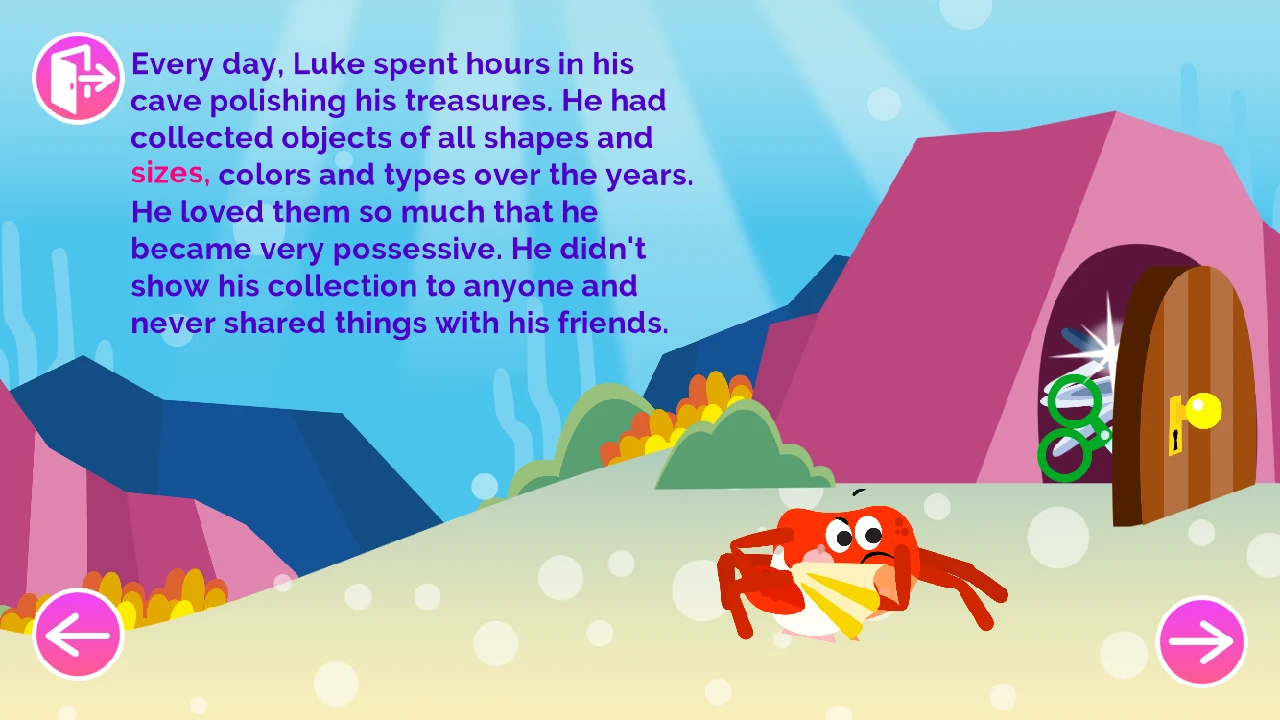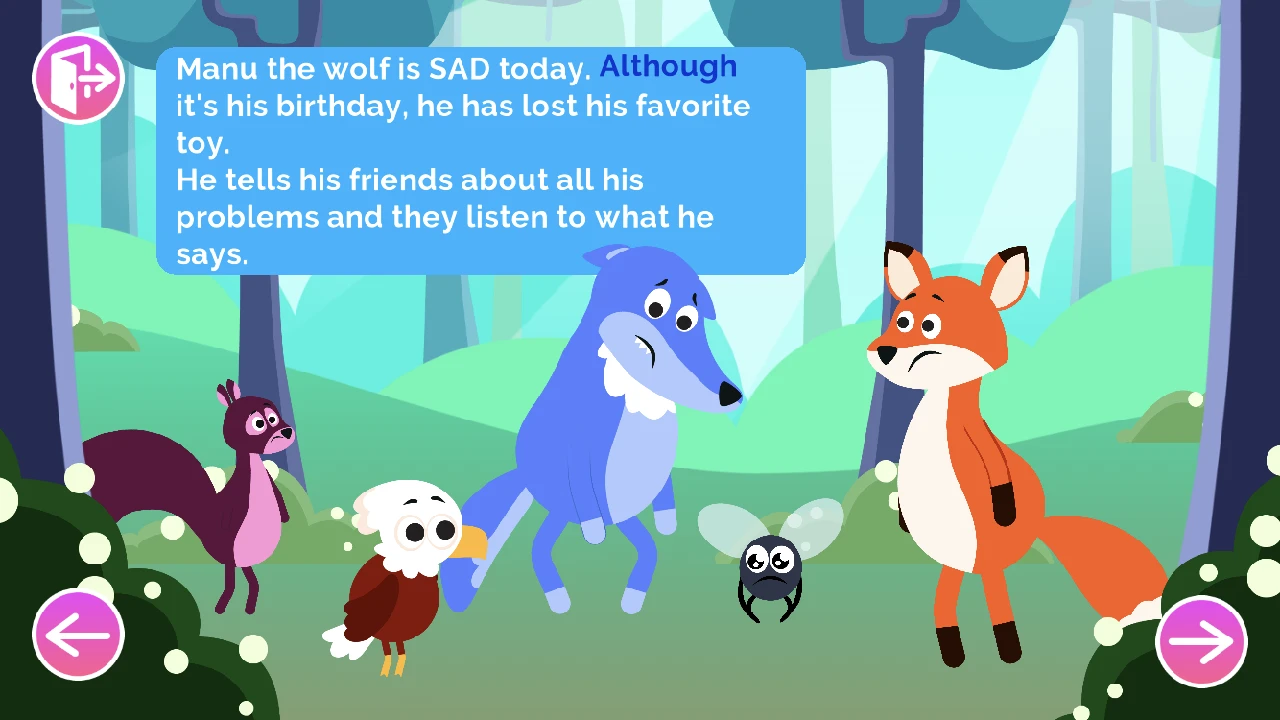Logical reasoning and the ability to make precise comparisons are of paramount importance. Children can start learning and practicing logical comparisons at a very early age. Through comparing objects, numbers, or situations, children can begin to develop a deep understanding of logical relationships and how to reason logically. In this article, we offer an introduction on how you can help your children explore and learn the concept of logical comparisons in a fun and engaging way.
Logical comparisons are an effective way to help children grasp concepts of similarity and difference, and how objects relate to one another. This type of reasoning helps develop problem-solving and critical thinking skills in children. Children can start with simple comparisons, such as identifying identical and different logic blocks, and gradually progress to more complex comparisons.
Although logical comparisons might seem like an advanced concept, with the right tools and the appropriate approach, they can be made accessible even to younger children. Here are five practical tips for teaching logical comparisons to your children:
Smart Tales, a digital educational platform, offers a rich and stimulating pathway for learning logical comparisons. Through animated stories, interactive games, and educational worksheets, Smart Tales creates an engaging and interactive environment to introduce and solidify the concepts of logical comparisons.
The animated stories of Smart Tales often feature characters using logical comparisons to solve problems or advance the plot. These stories allow children to see logical comparisons in action, helping them understand how these can be applied in the real world.
The interactive games of Smart Tales are designed to allow children to exercise their logical comparison skills in a playful environment. These games help children practice what they have learned, strengthening their understanding of logical comparisons.
The educational worksheets of Smart Tales offer specific exercises that help children consolidate their logical comparison skills. These exercises can be used at home or in school to enhance children’s understanding of logical comparisons and their ability to apply them.
Logical comparisons are a key element of reasoning and critical thinking, fundamental skills in engineering and beyond. Starting young, children can develop a solid foundation in these essential concepts, preparing them for a successful future in scientific and technological learning. With resources like Smart Tales, parents and educators have effective tools at their disposal to guide children on this important learning journey.
